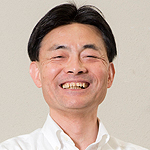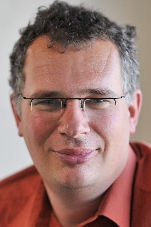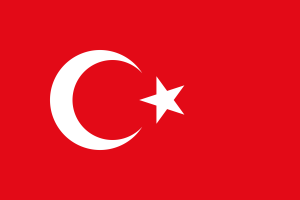The president of Aizu University in Japan has resigned after two investigations found he had self-plagiarized or double-submitted a dozen papers.
Toshiaki Miyazaki was also found to have “filed an application for a project subsidized by the national government without going through the university official procedures,” which “caused confusion,” according to Aizu. He resigned effective today [July 31].
The move comes more than a year after the first investigation, as we reported, which concluded in February 2022 and found that Miyazaki had self-plagiarized four papers. At that time, he had to forfeit 20% of one month’s salary.
A month later, according to a report issued last week by the university, Miyazaki “self-reported that there were 12 papers suspected of self-plagiarism.” A preliminary investigation then began, with a full investigation starting in April and lasting until February of this year.
Continue reading President of Japanese university resigns after findings of ‘self-plagiarism’








